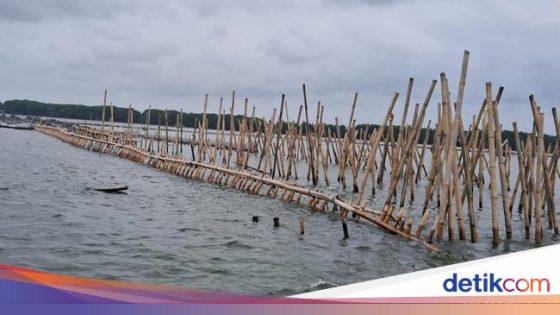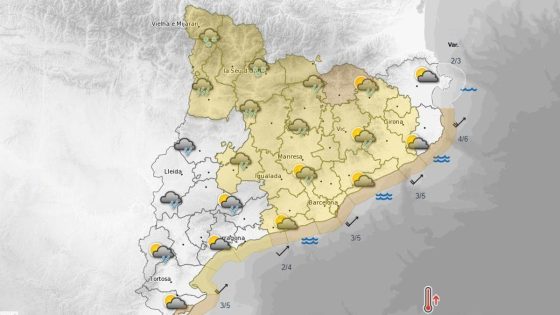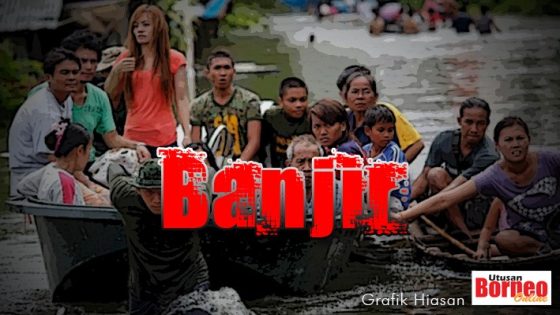On February 12, 2025, Bareskrim Polri launched an investigation into the controversial sea enclosure in Tarumajaya, Bekasi, West Java. This action follows a report from the Ministry of Agrarian Affairs and Spatial Planning, raising questions about illegal activities in the area. What could this mean for local communities and the environment?
- Investigation into coastal fencing in Bekasi
- Reports received from Ministry of Agrarian Affairs
- Indonesia is the reported victim in case
- Potential charges involve forgery of documents
- KKP monitors illegal reclamation activities
- Violations include land use without permits
Bareskrim Polri Investigates Sea Enclosure in Bekasi: What’s at Stake?
Why is the investigation into the sea enclosure in Bekasi so significant? This case could have far-reaching implications for environmental protection and land use regulations in Indonesia. As authorities gather evidence, the focus remains on the potential legal violations that may have occurred. Could this set a precedent for future cases?
Understanding the Legal Framework Surrounding the Bekasi Sea Enclosure
The legal implications of the sea enclosure are serious. Bareskrim Polri is examining potential violations under the Indonesian Criminal Code, specifically Articles 263, 264, and 266, which relate to forgery and fraudulent documentation. These laws are crucial in maintaining the integrity of land use and environmental regulations.
- Article 263: Forgery of documents.
- Article 264: Forgery of authentic documents.
- Article 266: Inserting false information into authentic documents.
- Potential penalties for violations include fines and imprisonment.
Impact of the Investigation on Local Communities and Environment
The investigation could significantly impact local communities and the surrounding environment. Illegal land use can lead to habitat destruction and loss of biodiversity. Community members may face displacement or loss of access to vital resources. What steps can be taken to ensure sustainable development in the region?
Future Implications for Environmental Regulations in Indonesia
This case may influence future environmental regulations in Indonesia. If violations are confirmed, it could prompt stricter enforcement of land use laws and greater accountability for corporations. How can Indonesia balance development with environmental protection?
In conclusion, the investigation into the sea enclosure in Bekasi raises essential questions about legal compliance and environmental stewardship. As this case unfolds, it will be crucial to monitor its impact on local communities and future regulatory practices.
































